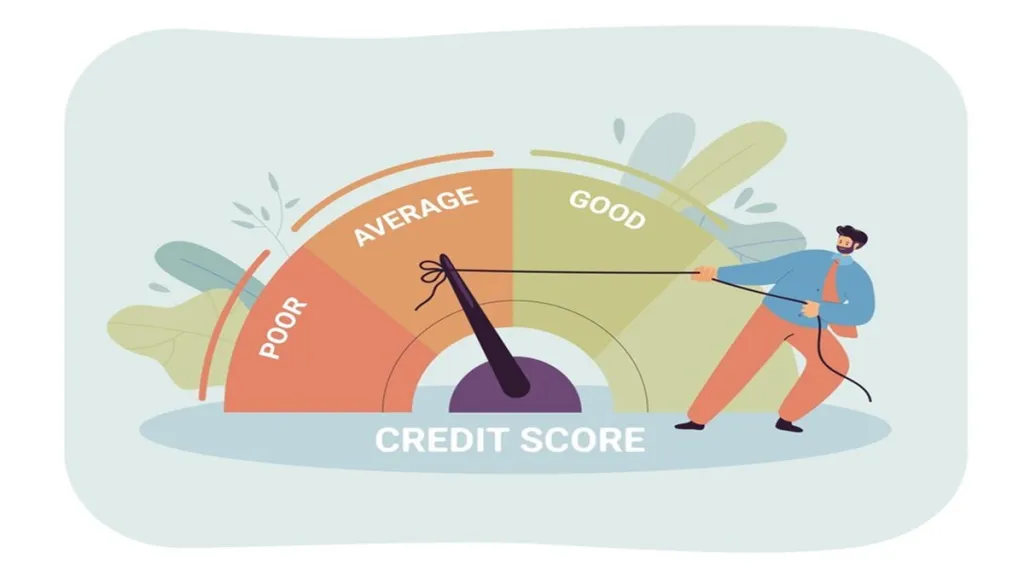In today’s fast-paced financial world, your CIBIL score has become an essential aspect of your financial identity. This three-digit number significantly influences your ability to secure loans, credit cards, and even rental agreements. Understanding what a CIBIL score is, why it matters, and how to improve it can open up numerous financial opportunities and ensure a more secure financial future.
The Credit Information Bureau (India) Limited, commonly known as CIBIL, assigns a numerical score to individuals based on their credit history and repayment behavior. Ranging from 300 to 900, this score serves as a gauge of your creditworthiness. A higher CIBIL score indicates to lenders that you are a responsible borrower, thereby enhancing your chances of securing credit on favorable terms.
Kundan Shahi, Founder of LegalPay, shares insights on what factors affect your CIBIL score, how you can improve it, and why it’s important to understand your CIBIL score.
Also read: CIBIL score 700 good or bad? How to get personal loan with low credit score in India
Why your CIBIL score matters?
CIBIL score is more than just a number; it’s a crucial factor that lenders use to evaluate your credit risk, says Shahi. A high CIBIL score increases the likelihood of your loan applications being approved, as lenders perceive it as an indicator of low risk, he adds. Additionally, with a good CIBIL score, you can negotiate better interest rates on loans, which can save you substantial amounts of money over the loan tenure, he suggests.
A strong credit score can also lead to higher credit limits on credit cards and lines of credit, speed up the approval process for loans and credit applications, and give you more leverage in negotiating terms and conditions with lenders, says Shahi. “Beyond lending, some landlords and employers, especially in the financial sector, check CIBIL scores to assess the financial reliability of potential tenants and employees.”
Factors affecting your CIBIL score
Several factors come into play when calculating your CIBIL score. Timely repayments of loans and credit card bills significantly impact your score, making payment history the most critical factor. Your credit utilization ratio, the percentage of your credit card balances to your credit limits, is another crucial element, with a lower ratio being better. The length of your credit history also contributes to a higher score, as does maintaining a diverse mix of credit types, such as credit cards, home loans, and personal loans. Lastly, frequent credit applications can negatively affect your score, as each new credit inquiry can lower it.
How to improve your CIBIL score?
Improving your CIBIL score requires a combination of disciplined financial habits and strategic actions. Always paying your bills on time is paramount; setting up automatic payments or reminders can help you stay on track. Aim to keep your credit utilization below 30% of your total available credit limit. Keeping old credit accounts open helps maintain a longer credit history, which is beneficial for your score. Apply for new credit only when necessary, as frequent applications can lower your score. Regularly review your credit report for errors or discrepancies and get them corrected promptly. Maintaining a healthy mix of different types of credit is also advantageous. Consistency and patience are key. Improvement takes time, but with diligent efforts, you can see positive changes in your score.
Also read: Unable to pay your loan EMIs? know these legal protections you have as a borrower
Several myths about CIBIL scores can lead to misunderstandings. One common misconception is that checking your own score lowers it; this is false, as such checks are considered soft inquiries and do not affect your score. Your income is not directly factored into your CIBIL score calculation. Closing unused credit cards can actually harm your score by reducing your available credit and shortening your credit history. Additionally, any loan you co-sign will appear on your credit report and can impact your score.
Conclusion:
Your CIBIL score is a pivotal component of your financial profile. Understanding what influences your score and taking proactive steps to improve it can unlock numerous financial opportunities. Building and maintaining a good credit score requires consistent, responsible financial behavior over time. As the financial landscape continues to evolve, staying informed about your credit score and leveraging innovative solutions can help you navigate your financial journey more effectively.
To sum up, your CIBIL score is a powerful tool in your financial toolkit. Use it wisely to secure better financial products, negotiate favorable terms, and achieve a healthier financial future. Remember, the journey to a great credit score is a marathon, not a sprint. Stay committed to good financial practices, and your efforts will be rewarded with a strong CIBIL score and the many benefits that come with it.

